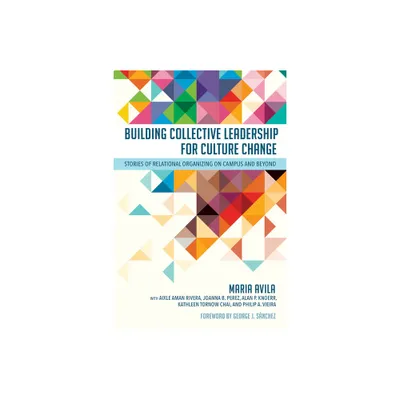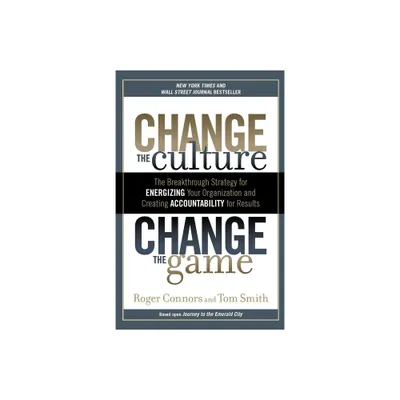Home
Building Collective Leadership for Culture Change: Stories of Relational Organizing on Campus and Beyond
Loading Inventory...
Barnes and Noble
Building Collective Leadership for Culture Change: Stories of Relational Organizing on Campus and Beyond
Current price: $130.00


Barnes and Noble
Building Collective Leadership for Culture Change: Stories of Relational Organizing on Campus and Beyond
Current price: $130.00
Loading Inventory...
Size: Hardcover
*Product Information may vary - to confirm product availability, pricing, and additional information please contact Barnes and Noble
Building Collective Leadership for Culture Change
shows how five community engagement research projects in the greater Los Angeles area were able to create more collaborative and participatory cultures in their academic institutions and nonacademic settings by using community organizing, research in action, and narrative inquiry.
These projects focused on incorporating civic engagement into the work of scholars, creating a civic engagement minor at California State University, Dominguez Hills, integrating community organizing practices within the Los Angeles Unified School District, and building a regional organizing network among civically engaged higher education institutions.
As the case studies authored by Maria Avila and her collaborators show, these projects succeeded because they took place in collaborative spaces where participants were part of designing the purpose, goals, and specific actions to create culture change.
is a vital inquiry into the possibilities of collective interpretation of accomplishments among researchers and participants.
shows how five community engagement research projects in the greater Los Angeles area were able to create more collaborative and participatory cultures in their academic institutions and nonacademic settings by using community organizing, research in action, and narrative inquiry.
These projects focused on incorporating civic engagement into the work of scholars, creating a civic engagement minor at California State University, Dominguez Hills, integrating community organizing practices within the Los Angeles Unified School District, and building a regional organizing network among civically engaged higher education institutions.
As the case studies authored by Maria Avila and her collaborators show, these projects succeeded because they took place in collaborative spaces where participants were part of designing the purpose, goals, and specific actions to create culture change.
is a vital inquiry into the possibilities of collective interpretation of accomplishments among researchers and participants.


















